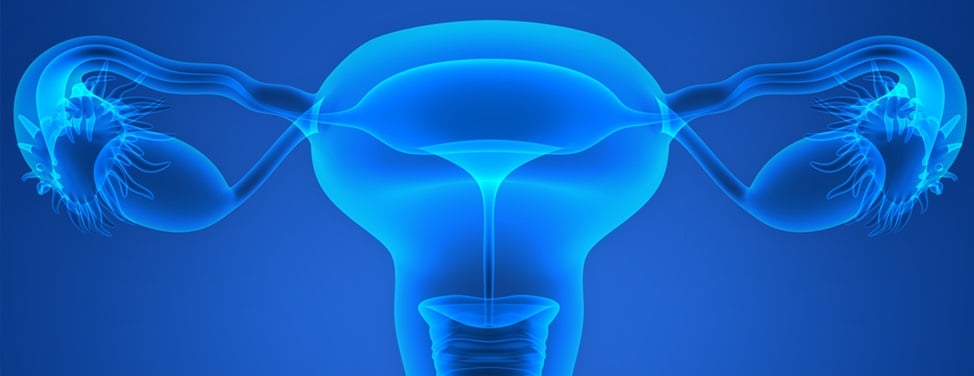Abnormal Uterine Bleeding

Overview
Abnormal uterine bleeding can occur for a number of reasons, including problems with ovulation, a hormonal imbalance or abnormalities of the vagina, cervix or uterus.
Abnormal bleeding may be:
- Prolonged — longer than a woman's normal menstrual period
- Frequent — less than 21 days from the first day of one bleeding episode to the first day of the next
- Heavier than usual — requiring more than a pad every hour during the heaviest time
Our Approach to Abnormal Uterine Bleeding
Abnormal uterine bleeding can be caused by several conditions, ranging from hormonal issues to fibroids to cancer. At UCSF, we offer the full range of diagnostic and treatment options to determine and address the underlying cause. We believe that empowering women with knowledge is an important part of the healing process, and encourage each patient to participate in choosing the best treatment option for her.
Awards & recognition
-

Among the top hospitals in the nation
Causes
Common reasons for abnormal uterine bleeding include:
- Anovulation Lack of normal menstrual bleeding due to problems with hormone secretion by the ovary. A doctor can usually diagnose anovulation by taking a medical history and performing a physical examination. Blood tests for hormone levels are sometimes helpful. Treatment usually involves medication to correct the hormone imbalance.
- Abnormalities of the vagina and cervix Infections or other conditions of the vagina and cervix can cause bleeding, though the bleeding is usually light and may be associated with intercourse. Post-menopausal women may have thinning of the vaginal walls, which can lead to light bleeding. Abnormalities of the cervix, including cervical cancer, also can cause bleeding. These conditions can be diagnosed by physical examination and office tests.
- Uterine Fibroids Fibroids are non-cancerous (benign) growths that develop within the uterus. Most women with fibroids have no symptoms and don't need treatment. When symptoms occur, women should seek medical attention.
- Endometrial polyps These are benign growths in the uterine lining that can lead to irregular uterine bleeding. They can be removed by hysteroscopy, a procedure in which a slender telescope is inserted through the vagina and cervix into the uterine cavity to allow examination of the cavity and removal of the polyps.
- Endometrial cancer In women who have experienced menopause, abnormal bleeding can sometimes be a sign of endometrial cancer, or cancer of the lining of the uterus. This usually can be diagnosed by tests in the office, including an endometrial biopsy, in which some cells are removed from the endometrius. Endometrial cancer can be treated with surgery if diagnosed early.
Diagnosis
A medical history and gynecologic examination are useful in identifying the cause of abnormal uterine bleeding. Other tests may include endometrial biopsy, in which a small amount of tissue is removed from the uterine cavity to assist in making a diagnosis; hormone tests; or ultrasound. Hysteroscopy, a procedure during which a tiny "telescope" is placed into the uterine cavity to examine the cavity, can also be helpful.
Treatments
Abnormal bleeding may be treated with hormones such as oral contraceptive pills. Sometimes hysteroscopy is required to remove a polyp or small fibroid.
Heavy bleeding can often be reduced or stopped by endometrial ablation, a procedure in which the uterine lining is removed or destroyed. Some women choose hysterectomy, or removal of the uterus, as the most definitive way of ending abnormal bleeding once and for all.
UCSF Health medical specialists have reviewed this information. It is for educational purposes only and is not intended to replace the advice of your doctor or other health care provider. We encourage you to discuss any questions or concerns you may have with your provider.













